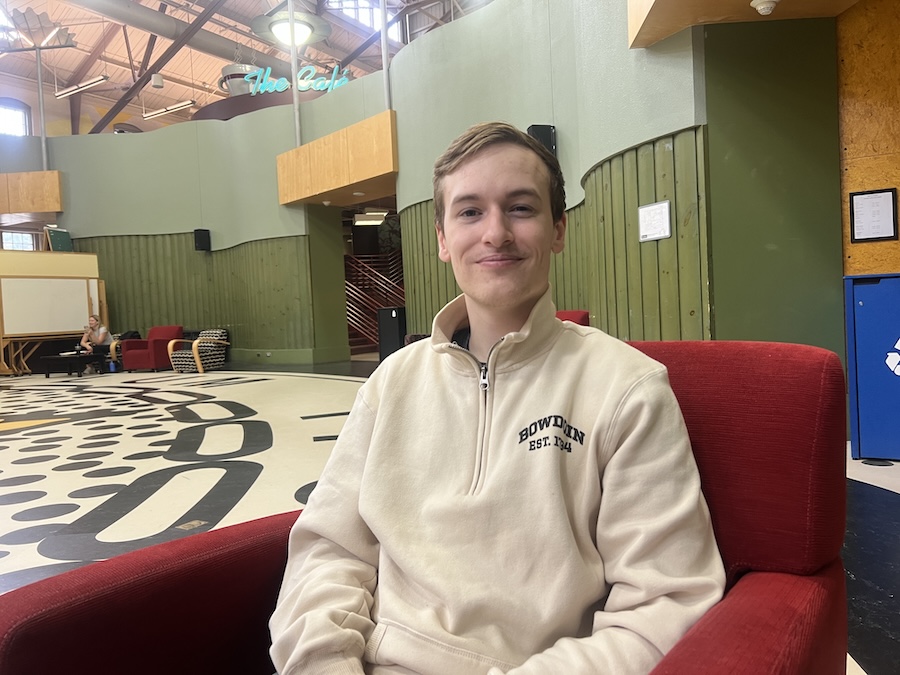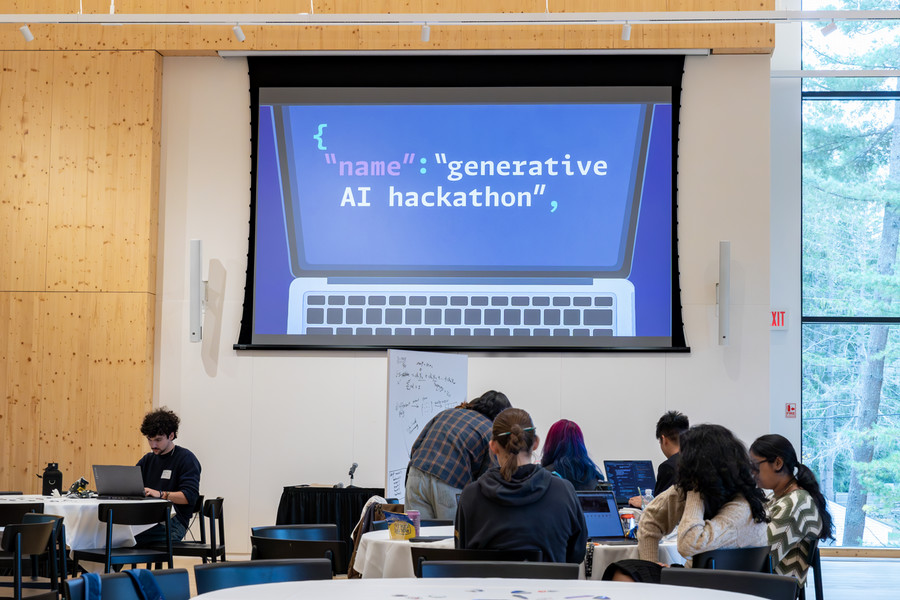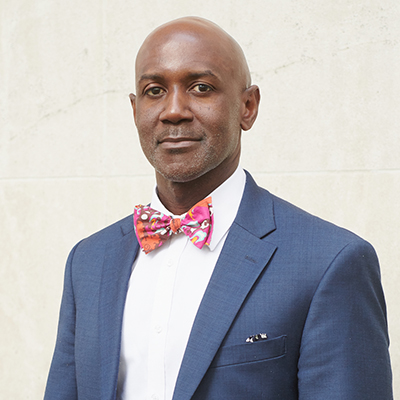Riley Nelson ’27 Wins Multiyear State Department Technology Fellowship
By Rebecca Goldfine
The FAIT Fellowship provides generous tuition support for two years, two paid internships, mentorship, and professional development, culminating in a five-year post as a “diplomatic technology officer.”
The program is designed to attract “top technology talent to the Foreign Service,” according to the US Department of State. After fellows have completed the fellowship, they're typically posted to three different US embassies over their initial assignment.
For Riley Nelson, the fellowship brings together two of his primary career interests—public service and computer science—and adds in his desire to travel.
“It's an incredible opportunity because I want to work in the government, and it'll give me training I wouldn't otherwise receive, especially in cyber security,” he said. “Plus, it's an incredible opportunity to explore and get to know other cultures.”
Nelson first learned about the fellowship from Jason Pelletier, Bowdoin's senior director of client services and technology. Nelson is a student team leader in Bowdoin's IT department. “I only heard about it through Jason, so I've thanked him and my supervisor, Sherry,” he said.
Sherry Saxida, manager of student technical services and the digital corps, praised Nelson for being “a key team member in our IT department, excelling in customer support, staff training, computer maintenance, software troubleshooting, and networking issues.”
Growing up in Pittsfield, Maine, Nelson first became interested in the government when he participated in a YMCA program for high school students called Maine Youth in Government. He ended up bringing a mock bill he had written for the YMCA to the Maine state legislature. An amended version passed to allow both men and women access to baby changing stations in the public restrooms of state buildings.
“That process gave me an interest in knowing how government works,” Nelson said. He's minoring in government and legal studies. “Plus, I like wearing a suit, I like dressing up!” he joked.
He mentioned that he's also inspired by his grandfather, who enlisted during the Vietnam War to ensure his three brothers were spared from fighting, and a friend of his who joined the US Army after high school. “They were large inspirations for me to find a way to serve, even though a career in the military is not for me,” he said.
Of the Bowdoin classes Riley Nelson has taken so far, he names two courses in the computer science department and one in the anthropology department as his favorites.
Data Structures, with David Byrd, Marvin H. Green, Jr. Assistant Professor of Computer Science
“The course content was really challenging and it taught me to think in different ways about programming,” Nelson said. “One of my favorite things about the course was the professor, who's approachable and fun.”
Introduction to Anthropology, with Susan Kaplan, professor of anthropology and director of the Peary-MacMillan Arctic Museum and Arctic Studies Center
“She taught me a lot about what it is to be human,” Nelson said, “which is important when thinking about modern politics and entering a space in government, to have in the back of your mind how we’ve developed, where we've come from, and how our decisions can influence what historians will think of us in the future.”
Introduction to Computer Science, with lecturer Kai Presler-Marshall
“This class was fun and interactive,” Nelson said. “It was my first foray into writing code. My high school didn’t offer anything like that—I came from a graduating class of less than fifty people. So that being my first experience, it was really fun to finally understand what coding was, what Python was, and how to make something happen on a computer. The first time I wrote something and it actually worked, it was the most satisfying moment of my college career.”



